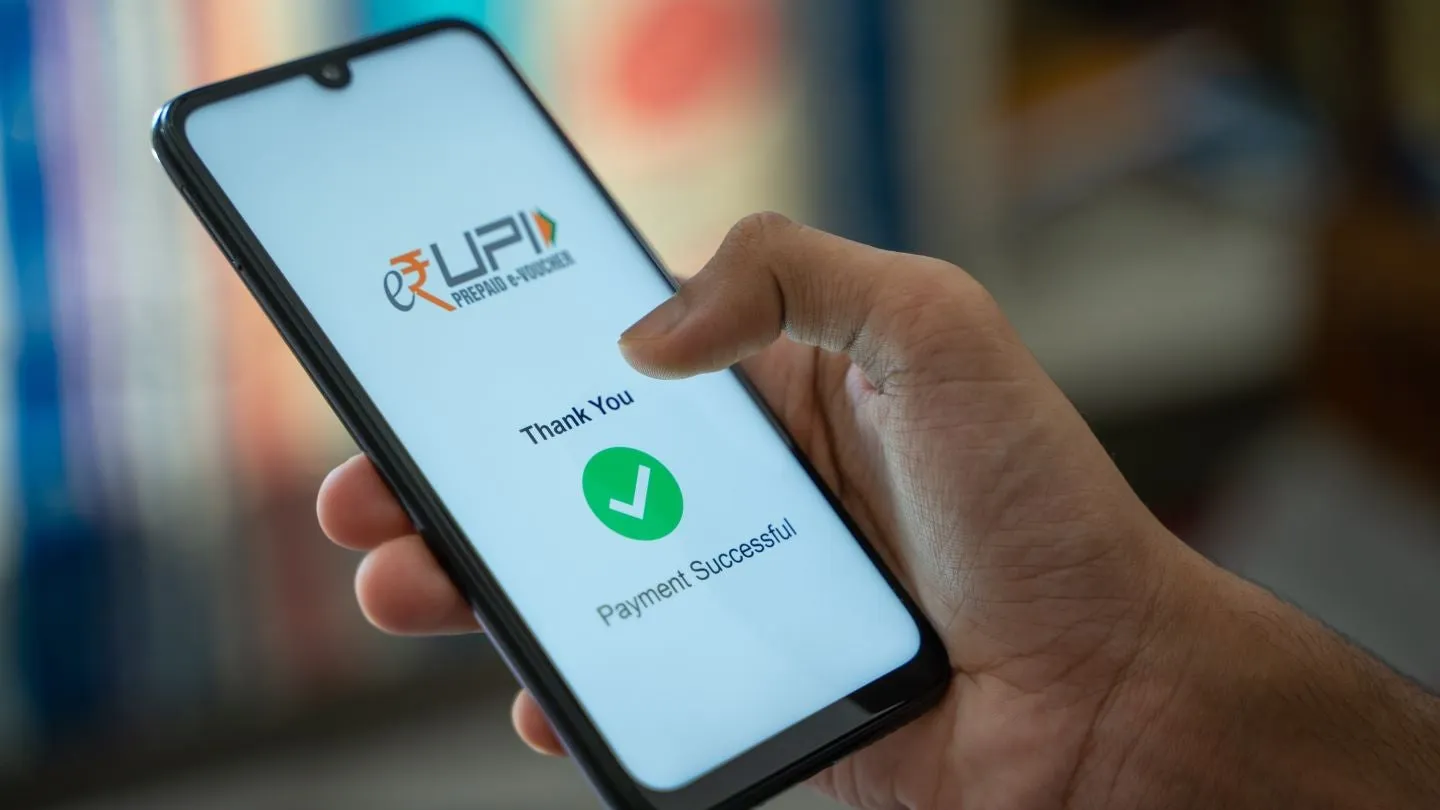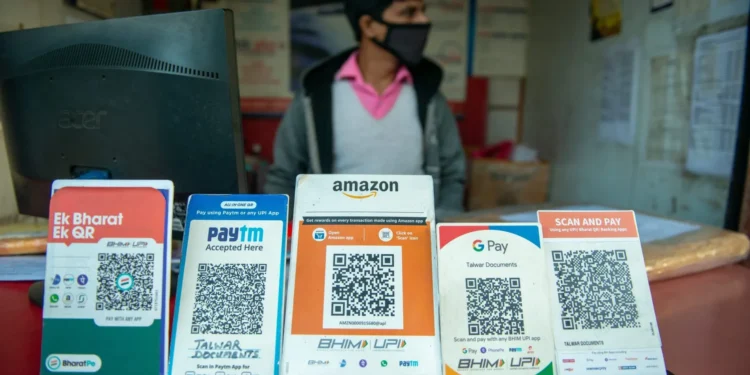The digital payments landscape in India witnessed a significant development this week as the government postponed the enforcement of market share caps on Unified Payments Interface (UPI) transactions until the end of December 2026. This pivotal decision, primarily benefiting major players like Google Pay and the Walmart-backed PhonePe, marks a crucial moment in the evolving fintech narrative of India.
Originally set to be implemented by the end of 2024, the regulation aimed to limit any single digital payment firm to a maximum of 30% of the total volume of UPI transactions. This rule was first proposed in November 2020 by the National Payments Corporation of India (NPCI), the quasi-regulatory body overseeing the UPI framework, which has become the backbone of India’s digital payments infrastructure.

The Impact on Leading Digital Payment Firms
The delay is a significant boon for leading services such as Google Pay and PhonePe, which currently dominate the UPI ecosystem. According to the latest regulatory data, PhonePe’s market share stood at a commanding 47.8%, while Google Pay held 37% as of November 2024. Together, these firms processed an impressive 13.1 billion transactions in just that month, underscoring the massive scale and pivotal role they play in the market.
A source close to the NPCI, who preferred to remain anonymous, shared that “the decision to delay the market share cap is aimed at not hindering the growth of the UPI ecosystem while also giving other players the time to grow.” This move is seen as a strategic step to maintain a competitive and vibrant digital payments environment in India, fostering innovation and inclusion across the sector.

Broader Implications for the Digital Payments Industry
The NPCI’s decision not only impacts the heavyweights but also affects other fintech players like Paytm, Navi, Cred, and Amazon Pay, who are vying for a larger piece of the pie in the UPI payments market. By pushing the deadline to 2026, these companies are afforded crucial time to innovate and potentially increase their market share without the immediate pressure of the impending regulations.
In addition to the market cap delay, the NPCI also announced the lifting of restrictions on WhatsApp Pay’s UPI onboarding of users, signalling a further easing of regulatory pressures and potentially accelerating the growth trajectory of UPI adoption across India’s vast user base.

This regulatory respite highlights a forward-thinking approach by Indian authorities, balancing robust oversight with the dynamic needs of an ever-evolving digital payments sector. As the landscape continues to grow, the extended timeline for the implementation of market share caps ensures that India remains at the forefront of fintech innovation, promoting healthy competition and consumer choice in one of the world’s most vibrant digital economies.

The decision underscores the government’s commitment to fostering an environment where fintech can thrive while ensuring fair practices and the equitable distribution of market opportunities among all stakeholders in the UPI ecosystem. This strategic pause is likely to be a crucial period for both major incumbents and emerging players in the digital payments space, setting the stage for the next chapter in India’s digital transformation story.










